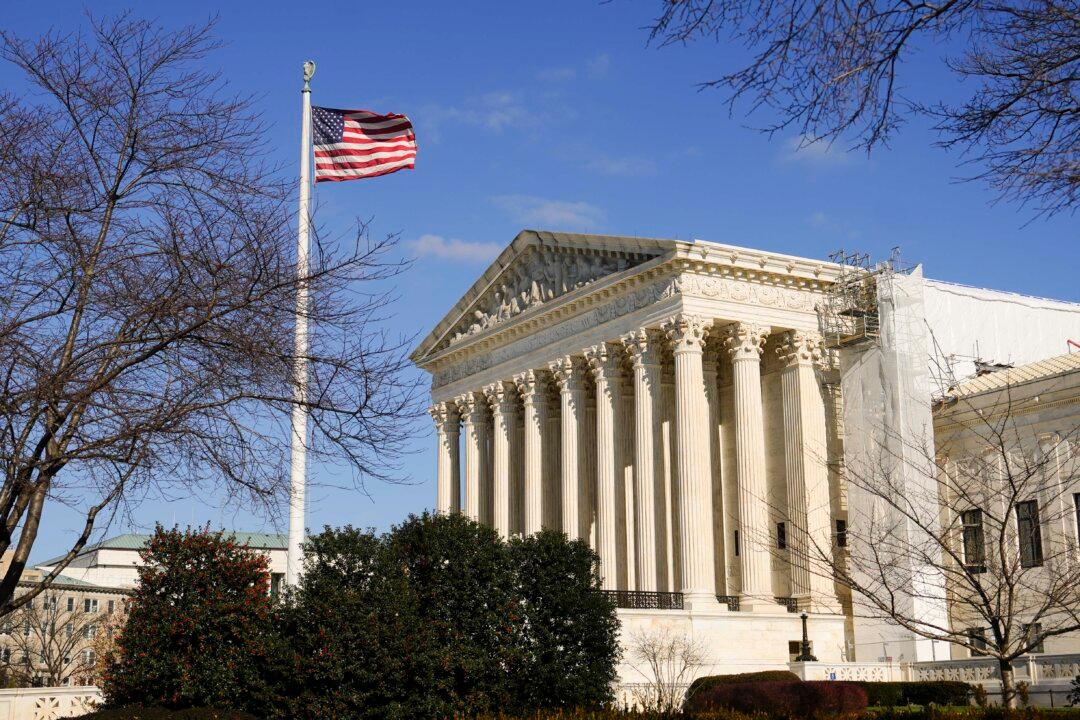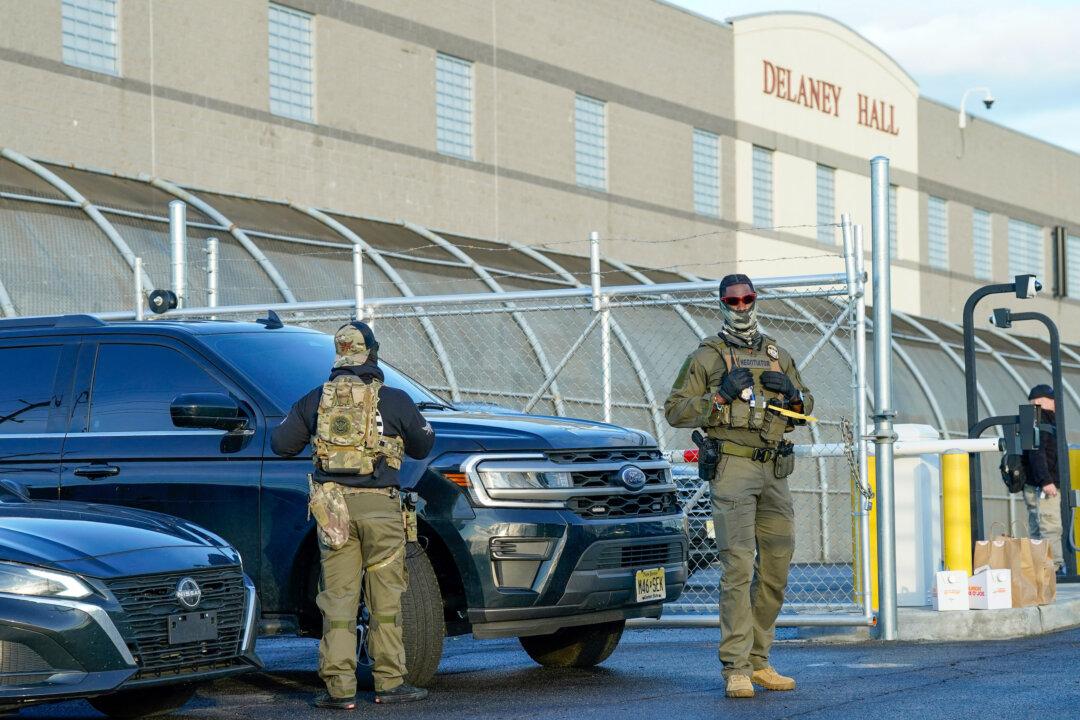The Supreme Court has agreed to hear an arbitration dispute brought by drivers against a delivery company.
The drivers allege that the company misclassified them as independent contractors, failed to pay minimum and overtime wages, and failed to give them paid sick leave. They sued, arguing their dispute should be heard in the courts, but federal courts have ruled they must proceed to arbitration.





